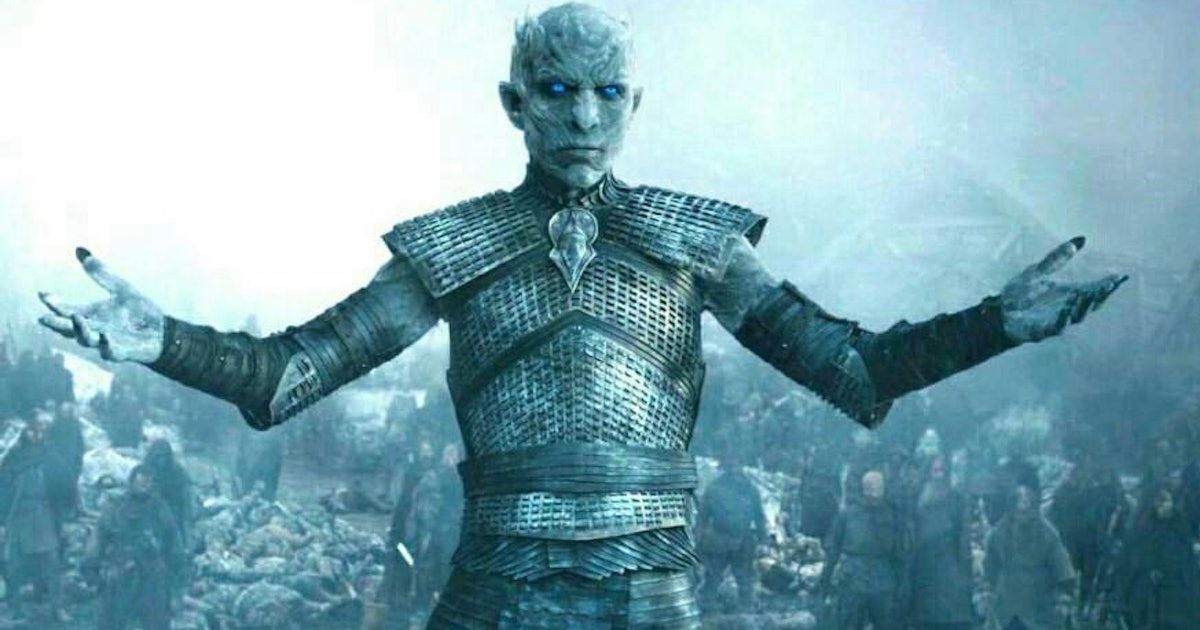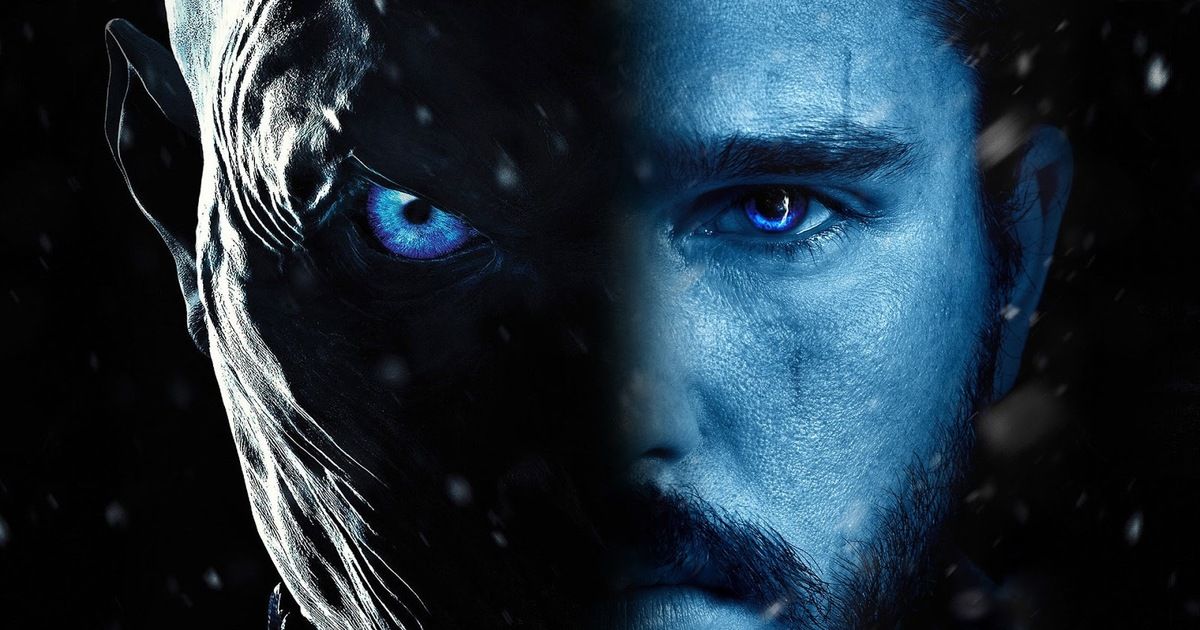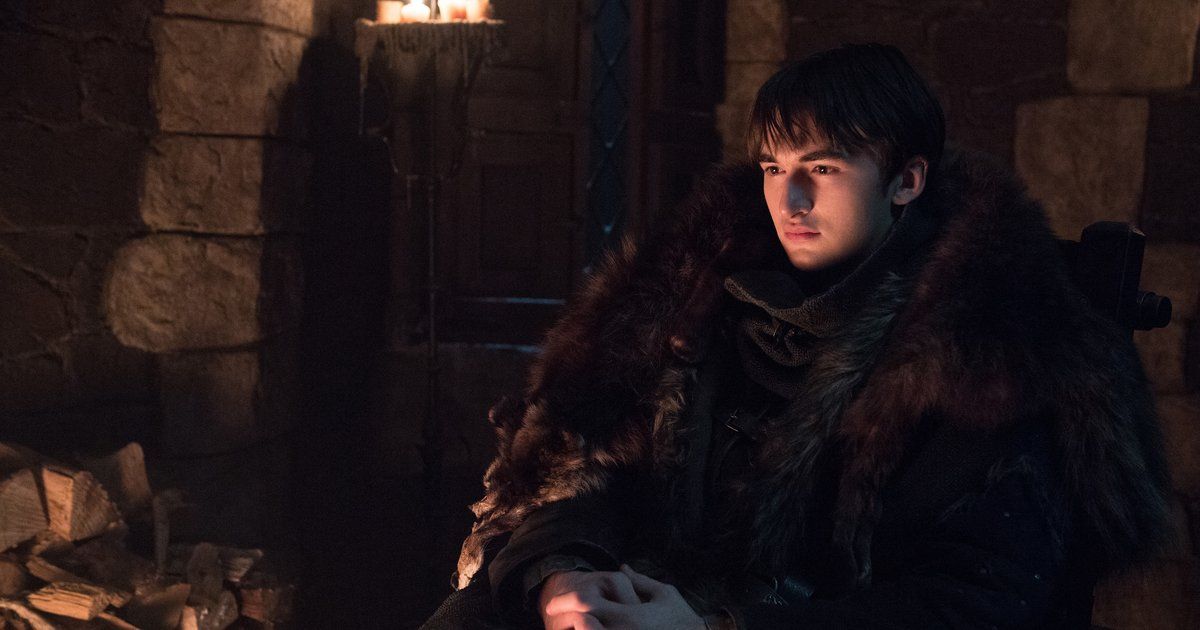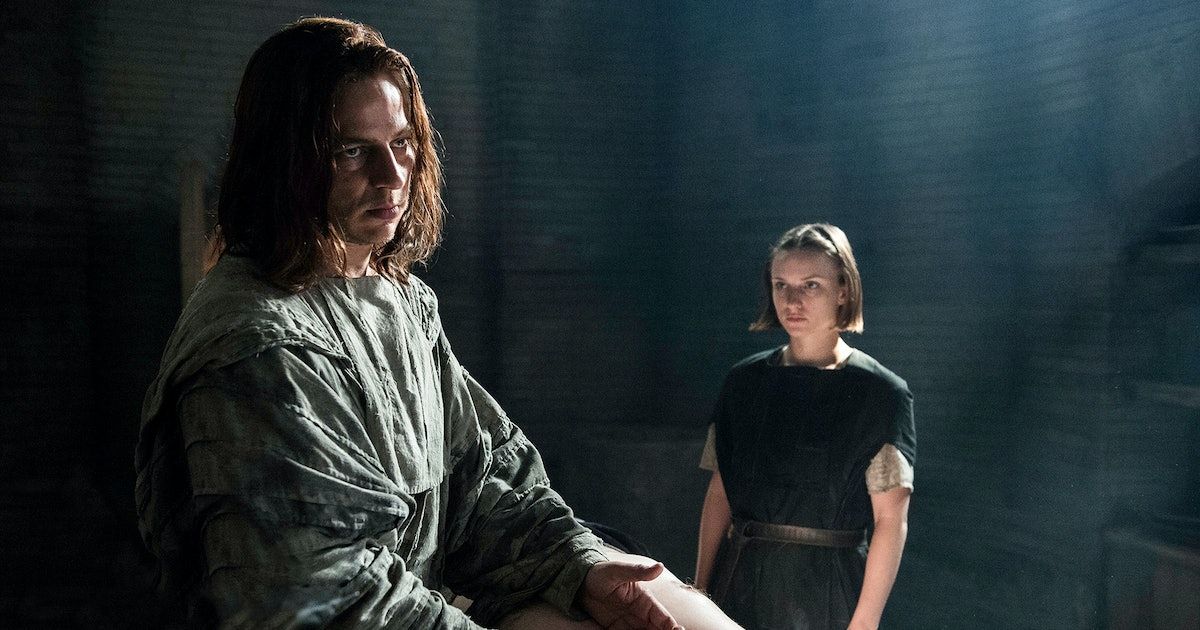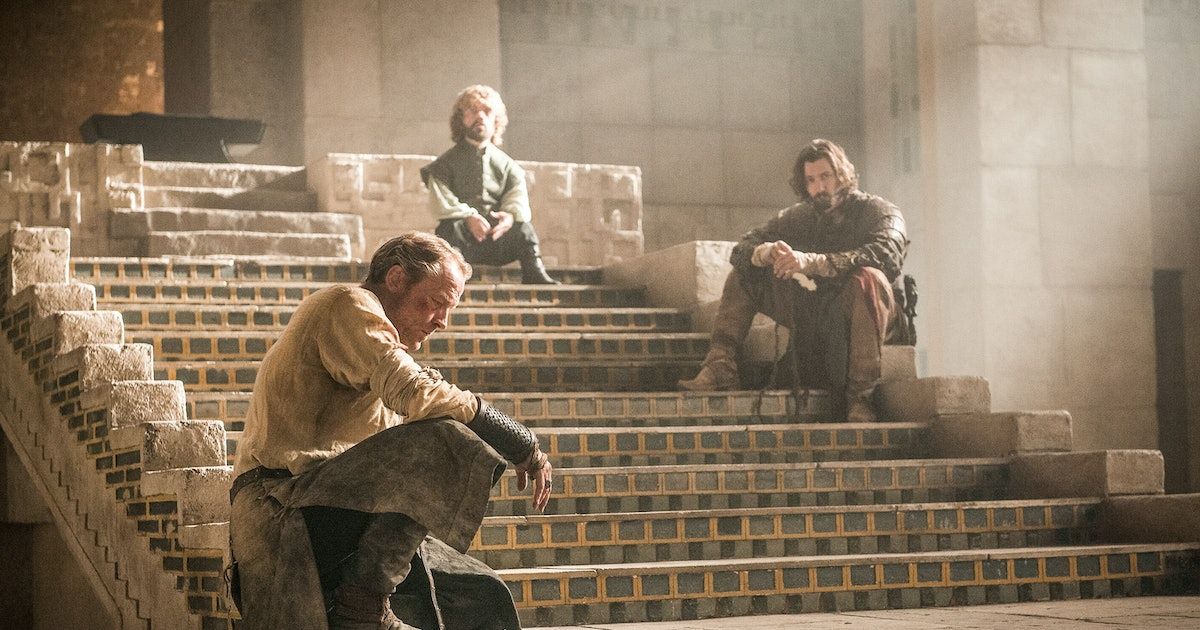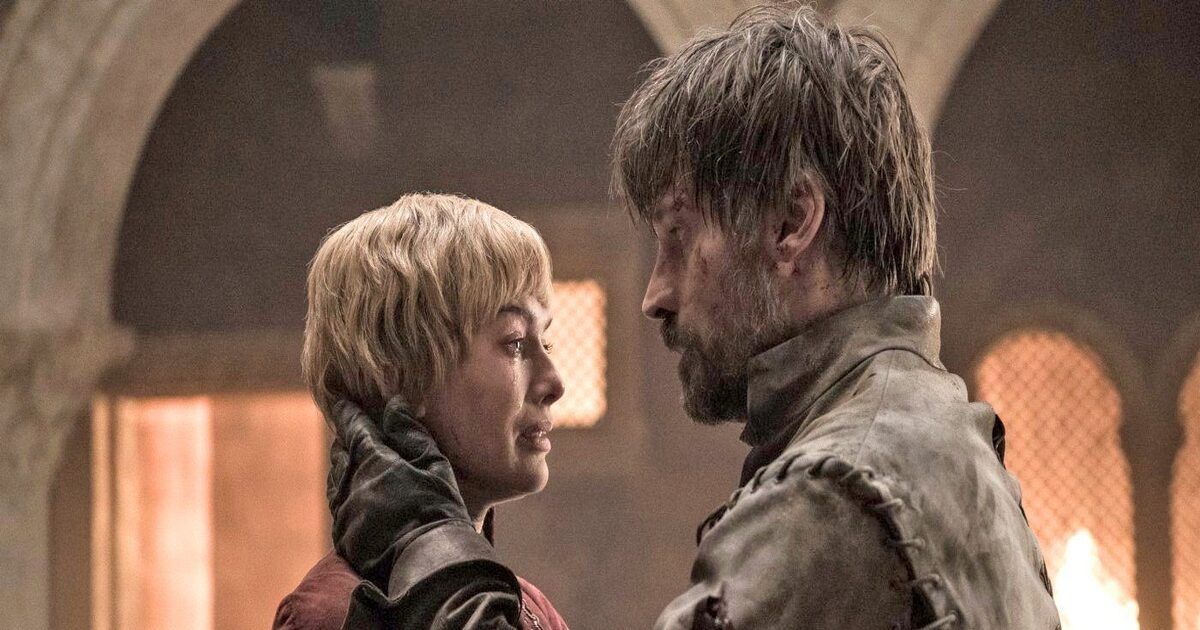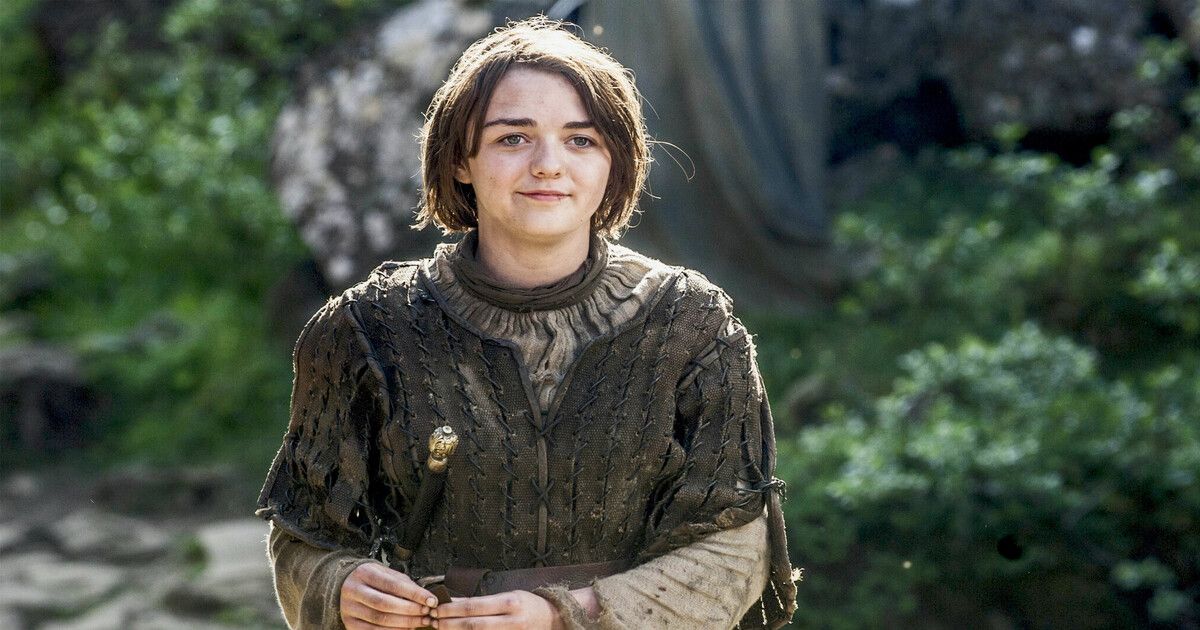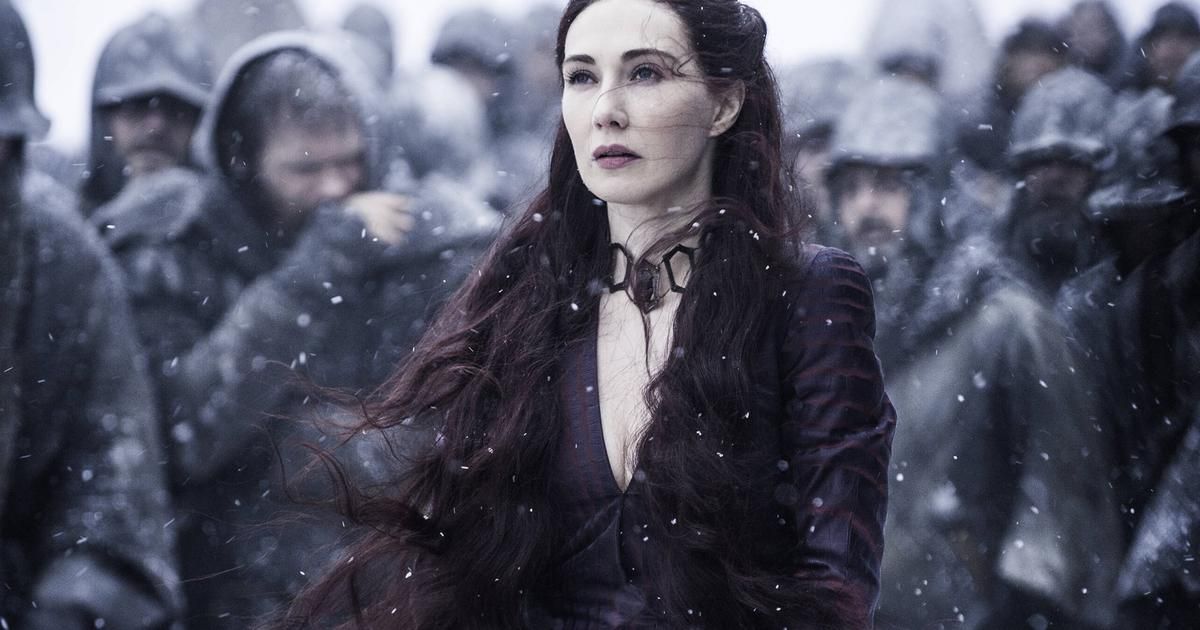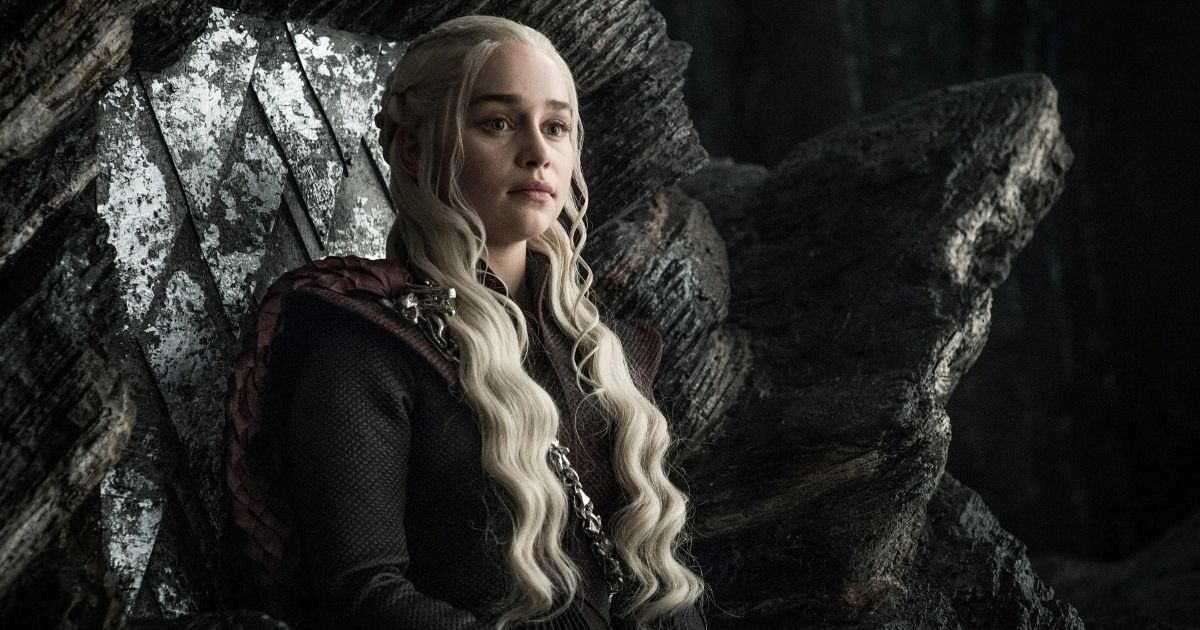When it comes to series, Game of Thrones certainly has one of the most complicated legacies on television. It was a critical hit for most of its run and became a cultural phenomenon, inspiring a level of viewership that seemed unheard of in an era of streaming. The much hyped-up eighth and final season arrived with much excitement. It had been over the year since the previous season, and it was going to give the epic conclusion to this massive story audiences had been following for almost a decade.
Updated June 7, 2023: This article has been updated by Yosra Ben Lagha for those who are still frustrated with how Game of Thrones ended.
However, the final season of Game of Thrones was a major disappointment for fans, with the final episode being considered one of the worst series finales of all time. While the extent to which it damaged the series' brand was greatly exaggerated, as seen by the massive ratings for the prequel spin-off series House of the Dragon, it is hard to deny that Game of Thrones as a story lost some luster thanks to the ending. What exactly were the most significant issues with the final season? Here is a breakdown of the most disappointing creative decisions.
10 The Night King
Whenever people look back and see why people didn't like the Game of Thrones finale, they'll remember the creators' treatment of the biggest-ever subplot of the entire show. The Night King was where the show started. He was the threat the series teased in the first episode, and his final episode was a disappointing showdown.
The much-hyped battle was difficult to see as it was underlet. The final showdown, which was an epic team-up between various characters, was a fine experience, but when it came time to kill the major threat, this is where audiences turned. The hints of the flaming sword to kill the figure were not paid off. Ayra Stark is the character who kills The Night King, even though there is no emotional significance in being her, as opposed to Jon Snow or Daenerys Targaryen. In the end, it was a disappointing way to kill the ultimate evil in the series.
9 The "Prophecy of Prince Who Was Promised": Jon Snow vs. Night King
Stannis was the wrongly prophesied "Prince" who shall bring light to the world. After Stannis's defeat and Jon Snow's resurrection, Melissandre declared Jon as the "Prince Who Was Promised." The prophecy was supposed to mean the one who'd lead the world and make it a better place. Jon did everything right, fought for the right, and was always wronged or betrayed. If he was the "Prince Who Was Promised," he should've been the one to end the Long Night, defeat Night King, and then eventually become the king. This would've set him on the right path of, in Davos Seaworth's words, "clear as much shit as he can."
But, instead, the showrunners made Arya the "hero of Winterfell'', Jon a hopeless romantic, and Bran the king. Since Jon became Lord Commander of the Night's Watch, there was rising tension between him and the Night King. And it seemed personal. After taking Winterfell, Jon united the North under one banner. He bent the knee to Daenerys and even tried talking peace with Cersei. Ripping him of his prophesied future and his rightful claim to the throne was an injustice to his character arc, which has seen nothing but suffering from day one.
8 Bran "The Broken": King of Westeros?
Don't know what the showrunners were thinking when they decided to conclude the war for the Iron Throne this way. This was the part that killed Season 8. The idea of killing White Walkers in one single blow was already indigestible, and on top of that, the writers made the most undeserving candidate king. It didn't just sideline more worthy characters for the Iron Throne, and it also contradicted Bran's character development since he became Three-Eyed Raven.
Ever since Bran saw the whole truth, his character became mysterious, to the point that he stopped addressing himself as Bran Stark, but only Three-Eyed Raven. When Littlefinger addressed him as Lord Stark, he said, "I am not Lord Stark. I can't be Lord of anywhere", yet when asked to be the king, he replied, "Why do you think I've come all this way." That was exceptionally bad and a total disregard for a great character like Bran, who was finally making a difference in the show's narrative.
7 The Mystery of Faceless Men
Another subplot surrounding Faceless Men in Braavos ended on a cliffhanger, never to be picked again after Season 6. It was speculated that the mystery behind Jaqen H'ghar and Arya's separation from the group would take some effect in the later seasons; however, viewers neither heard any mention of H'ghar nor the House of Faceless Men. We never got any update on Faceless Men's agenda and the skeptical last conversation between H'ghar and Arya.
This loose end even goes far from Arya's experiences in Braavos. H'ghar and Arya meet for the first time in Harrenhal, where he is posing as a Lannister soldier. Now it's still unknown why a Faceless Man was intruding on the Lannister Army. When H'ghar bids Arya goodbye, he says, "A man also has duties." What duties? And most importantly, what was his significance in the core story of the show? Unfortunately, we will never know.
6 The Situation in the East
Danaerys brought her armies to the shore of Westeros to take her rightful kingdom back, but not before she liberated the cities in the East and set up a just and blissful rule for the people there. She even put Daario and the second sons to keep the Bay of Dragons in order in her absence.
But after she died, the Unsullied and Dothraki were sent to be on their own. And there was no information on what would become of the kingdoms of the East after the queen they pledged to is dead. Daario shan't have taken her death easy. Long story short, there could be at least some nod to the situation of the aftermath in the East just for the sake of a conclusive ending.
5 Jaime Lannister's Death
After taking his hand away, then building up a positive arc around him for not one but four straight seasons, ultimately leading the viewers to love him, Jaime was thrown back into the abyss, which was his love for Cersei. It was always obvious Jaime had to die. But his having an epiphany that despite all he has done, he ran back to Cersei was just bad writing.
After all, he went through on his road to redemption, concluding his arc by defining his old self as his legacy is not just unacceptable but a total disregard for the character's unique development in the show's previous seasons.
4 Tyrion Lannister's Lack of Insight
Tyrion is one of the most well-written characters in Game of Thrones. He's depicted as witty, clever, and incredibly sharp when it comes to politics, relationships, and even battle strategy. It was he, after all, who saved King's Landing from Stannis Baratheon's sword in the Battle of The Blackwater. He's one of the few characters who were already ripe and mature right from the start. Despite being the underdog of his family and being repeatedly mistreated and even betrayed by his closest kin, like when he was unjustly tried for the murder of his nephew, he did not let the pain of such hard life tests turn him into a bitter, evil man.
However, as the show gradually progresses, Tyrion loses his sharp wits, and he gets Daenerys into serious trouble in the East. Hoping to keep the peace in Meereen and to end slavery, Tyrion negotiates with the masters of Astapor, hoping to come to an agreement. They pretend to accept the deal, but soon enough, they attack Meereen leaving Tyrion completely blindsided. This lack of political foresight is especially emphasized in season 8 when he believes that Cersei, his despicable sister who cares for no one other than herself, will march with Daenerys and the North against the Night King.
3 Arya's Kill List
Life doesn't always go as planned, and Arya could not have possibly finished off all the people on her Kill List. However, it would have been the most satisfactory ending for Arya Stark's story if she were the one who put an end to Cersei's life, especially ever since she witnessed the cruel beheading of her father by the Lannisters. Surely the Lannisters betrayed and killed Daenerys's father, but the audience didn't witness the Targaryen/Lannister tension.
Instead, the whole show was built on the enmity between the Starks and the Lannisters. Giving Arya the ability to be face-to-face with Cersei, who was the primary accomplice in Ned's murder, would have given the whole story a sense of comforting closure. Arya's long and arduous journey would have also been more meaningful.
2 The Red Woman's Death
Melisandre, or The Red Woman, seems to be the only character in Game of Thrones who gets away with murder. We've all seen the terrible endings of some terrible characters, like Joffrey Baratheon with the strangler poison and Ramsey Bolton with his hounds tearing him apart. But with the priestess of the Lord of the Light, it's different. She is not only granted immortality through her red necklace, but she can also get away with a few major mistakes and horrible crimes, like burning Stannis's little daughter as a sacrifice that, needless to say, turns out to be useless.
It simply doesn't sound particularly fair that her death would be peaceful and on her own terms. Granted, she was given extraordinary longevity in order to fulfill her purpose, which is helping in the Battle of Winterfell against the Night King. However, this unconditional impunity is yet another question mark that makes it hard to swallow the ending overall.
1 Daenerys Targaryen's Rushed Arc
Easily the most disappointing element of Game of Thrones' final season was the character arc surrounding Daenerys Targaryen. One of the major characters of the franchise, for over eight seasons, audiences had grown to root for her and her quest to reclaim the Iron Throne. She became a pop culture icon, one many people looked to as a symbol of strength and power.
The series' final two episodes, though, have Daenerys quickly turn into an outright villain, killing innocent civilians and framing her in fascist imagery. Having Tyrion says, "Everywhere she goes, evil men die, and we cheer her for it," was meant to be a clever observation about the audience, how they were guilty of rooting for who the writers intended to be a villain, but the rest of the series never supported that. The series had built her up as a hero, so her descent into villainy in the final episode felt out of place. This might have been what the series wanted to do, but they failed to take into account not only what the character had morphed into but the series as a whole. Daenerys Targaryen was killed by Jon Snow, but the writers designated her character before that.


